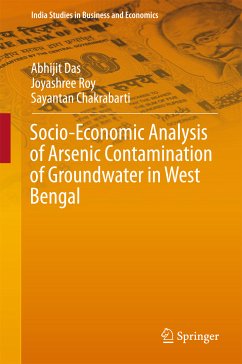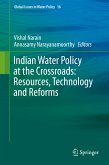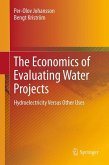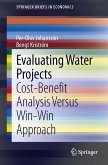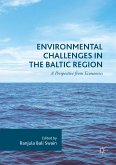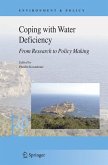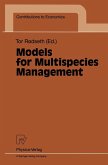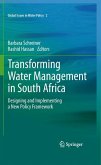This book presents a socio-economic analysis of the issues linking technological innovation in providing arsenic-safe drinking water in rural areas. It presents concrete field based experiences of experiments and case studies depicting the plight and sufferings of people due to failed technological deployment strategies over the past two decades in West Bengal, the most arsenic-exposed state in India and also the first to act for remediation of the crisis. One of the greatest challenges in arsenic-exposed zones is to provide sustainable access to reliably arsenic-safe free water. For nearly twenty years the Government of India and national water distribution institutions in collaboration with multi-lateral funding agencies have sought to pump in money, push technology collected through global tenders, and enlist the support of non-governmental organizations (NGOs), but their efforts have yielded little success. This book is the outcome of the authors' intensive fieldwork, guided by theconceptual framework of the latest literature on environmental economics and consumer behaviour. It presents a framework and estimates based on field level primary data. Secondary official source-based data are also collated from various scattered sources into a valuable, comprehensive collection. Lastly, the book includes a revealing analysis of factors affecting households' participation.
Dieser Download kann aus rechtlichen Gründen nur mit Rechnungsadresse in A, B, BG, CY, CZ, D, DK, EW, E, FIN, F, GR, HR, H, IRL, I, LT, L, LR, M, NL, PL, P, R, S, SLO, SK ausgeliefert werden.

